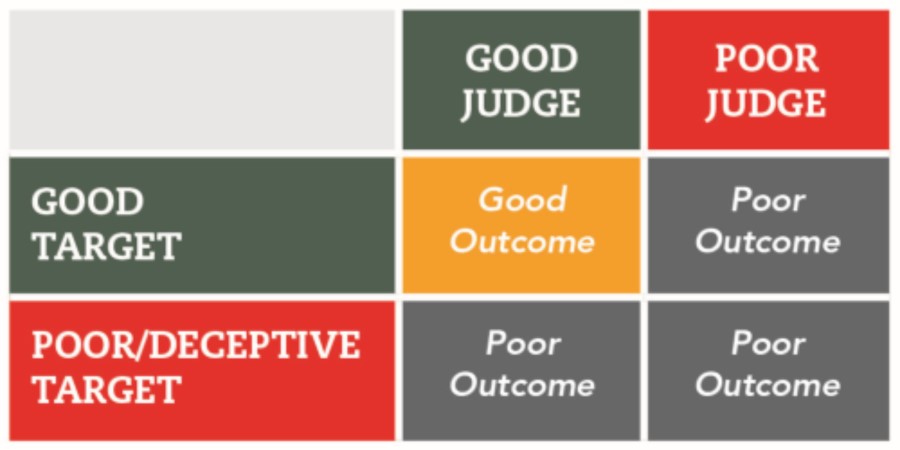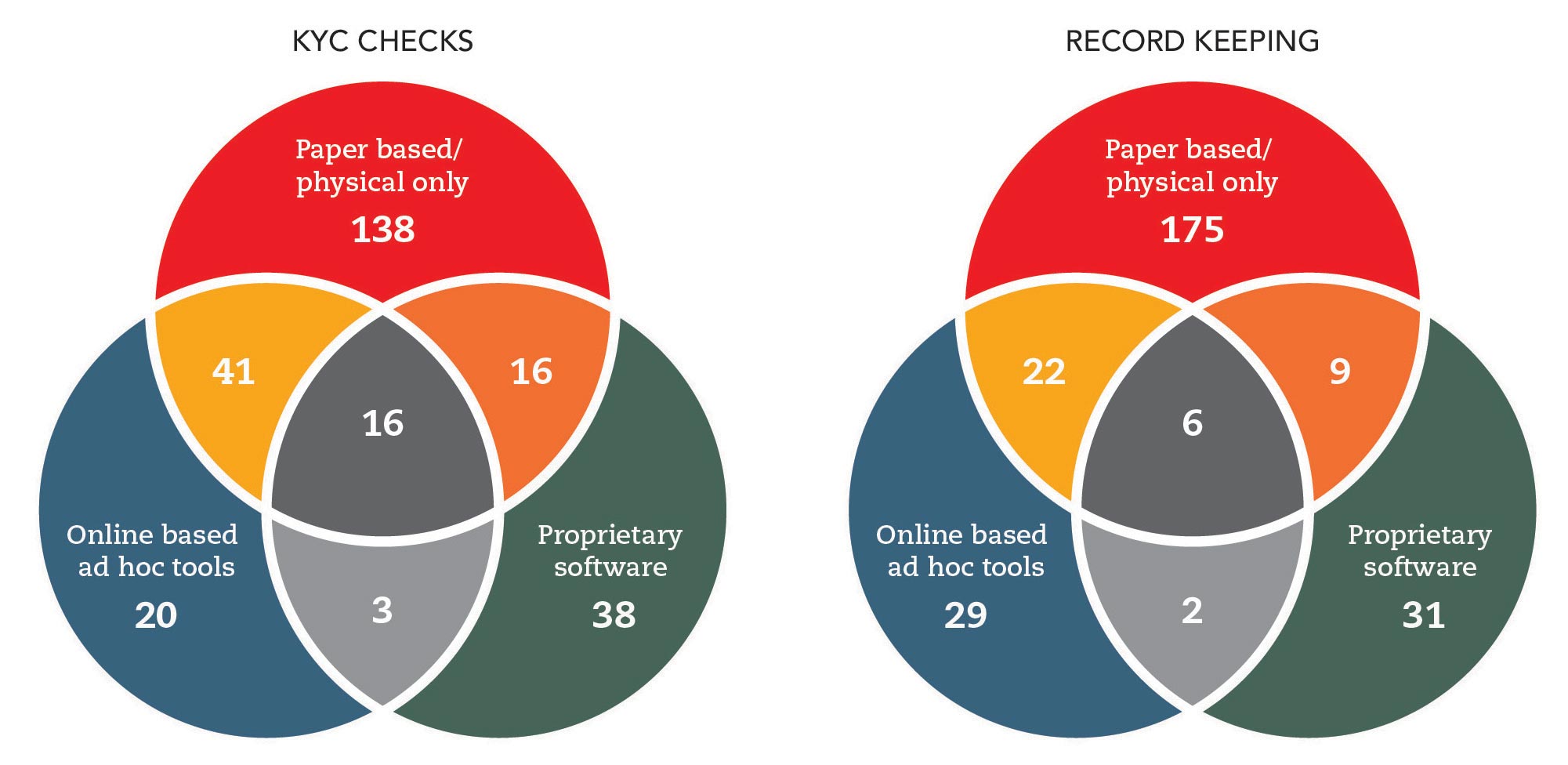Policy and insights report
For generations, accountants have prided themselves on building client relationships based on mutual trust and an assessment of character.

With recurring stories of clients unexpectedly missing meetings, followed by contact from police detectives investigating a drug-smuggling related murder, or an article in the local paper detailing their arrest and imprisonment, we have to question the wisdom of relying only on a firm handshake and a steady gaze.
Recent research suggests that while some people really are good judges of character, those skills only work some of the time. Not everyone’s character can be read, and the likelihood of misreading is increased if the person is intent on deception (as they might be if, say, they were trying to launder a briefcase full of stolen money…)
So, what can accountants do to protect the reputation and integrity of their practices, as well as protecting the peace of mind of other existing clients that they’re not somehow going to become tarnished by association?
Survey work undertaken by ACCA and others shows that the importance of completing these objective checks is widely recognised by accountants, but does that necessarily translate into effective execution?
The risk of the tick box compliance mentality in any administrative process is well known, and as with many other similar tasks, more focus is being given to using digital tools to free people up for higher value work.
-
The challenge and value of digital
While the largest firms have long since moved to bespoke computer driven processes, the availability of off the shelf tools for smaller businesses has been more of a challenge for the following reasons:
- Any mass market digital solution will need to exist as part of a wider environment and marketplace – internet enabled checks of data rely on that data being on the web to start with.
- And then there’s the chicken and egg problem for the software houses who can’t develop tools without users, but users won’t buy the tools without proof they work.
- Even the Covid-19 pandemic hasn’t tipped the balance, with a majority of accountants in ACCA’s survey respondents still using exclusively traditional checks and records processes.
But with the potential benefits of using digital tools well-documented, and the risks from ineffective processes similarly clear, is now the time for more practices to look at making the change?
Practices may find themselves caught up in a perfect storm. Reviewing and updating risk processes may seem like additional work right now as employees are working flat out to support clients through the crisis.
However, clients are feeling the pinch too, and need reassurance as we move towards economic recovery from the pandemic. The robustness of processes within your practice, and how promptly you respond to necessary/important changes in the business environment to serve their needs will play a role on the future of the relationship.
-
Embracing a digital practice
It is clear from the post GFC recovery that there’s an increased risk of criminal activity from some clients who may take desperate measures. A risk appraisal which may have been appropriate 18 months ago may no longer be proportionate to the risks the practice faces.
FATF guidance is very clear that accountants should have appropriate and proportionate processes in place, based on their annual assessment of the risks faced by the practice. Different levels of due diligence will apply to different clients, again risk assessed, so the final outcome will vary from practice to practice.
As the report highlights, for some practices paper may well still be an acceptable option – but for many, the next change should incorporate developments in digitalised tools and processes. Whether it’s a regulatory check-up or a visit from the local CID though, being able to show that you’ve considered the issue is going to be the key to persuading your “interested stakeholders” that the practice is doing its bit to hinder, rather than help, criminal activity.




